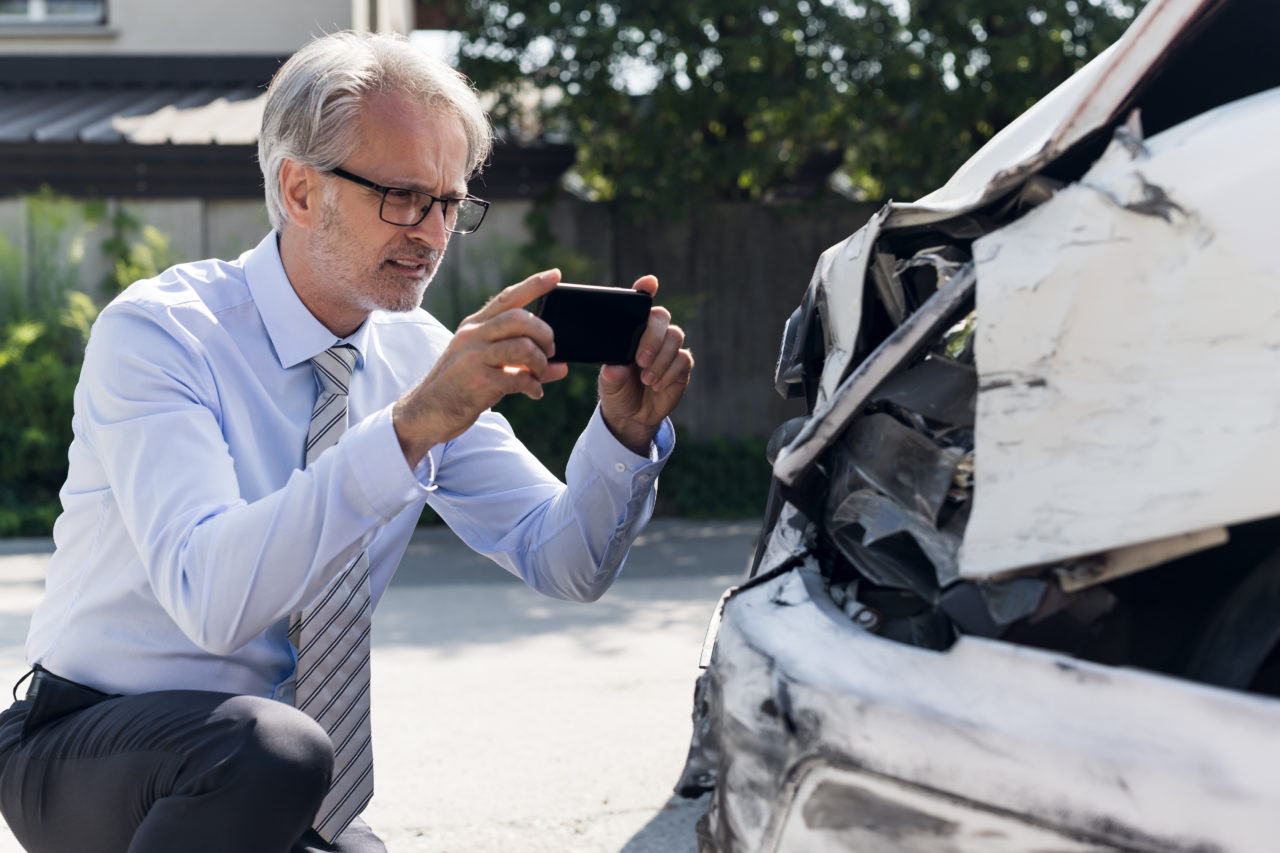When you’re involved in a car crash and suffer injuries, the last thing you want to think about is building a strong legal strategy. After all, you’re most likely focused on your own health and well-being, and you want to do whatever you can to start recovering from any pain you may have experienced.
However, if you intend to file a claim—or need to go through a lawsuit—you want to ensure you have the right evidence moving forward. Evidence is what will help you successfully file the claim and prove that the other party was negligent. Here are some of the most important items to collect.
Documentation from the Other Party
One of the tactics the insurance company may try to use against you is claiming that their policyholder’s limits don’t cover your total losses. However, if you can get the negligent party’s insurance information, you can refute this claim.
After the accident, be sure to speak with the other driver(s) involved and get their contact information, as well as their insurance information. You’ll provide this to your insurance and legal team to help move forward in the process.
Photos Tell the Story
If you can, take pictures of the scene of the accident, the damage to the vehicles, and the visible injuries you sustain. These can all play a role in showing how the accident may have occurred if negligence was involved, and of course if the negligent action resulted in injury.
Witnesses Can Be Very Valuable
If you notice anyone in the vicinity of the accident who may have seen the whole thing happen, be sure to get their contact information for your insurance company. Having someone back up your story can be imperative in your pursuit of compensation.
Our Anchorage car accident lawyers work hard to utilize the evidence you provide and pursue justice against a negligent driver. We know that the moments following a car accident can cause shock and anxiety; however, you must remember the importance of getting evidence if you are able to.
Farnsworth & Vance has extensive experience representing injured parties in car accident cases. We’ll use the evidence you collect to build a strong case strategy on your behalf. Your rights are our top priority and we’ll go the extra mile to help you pursue the most favorable outcome possible.
Call our firm at (907)-290-8980 today to discuss your potential case.

